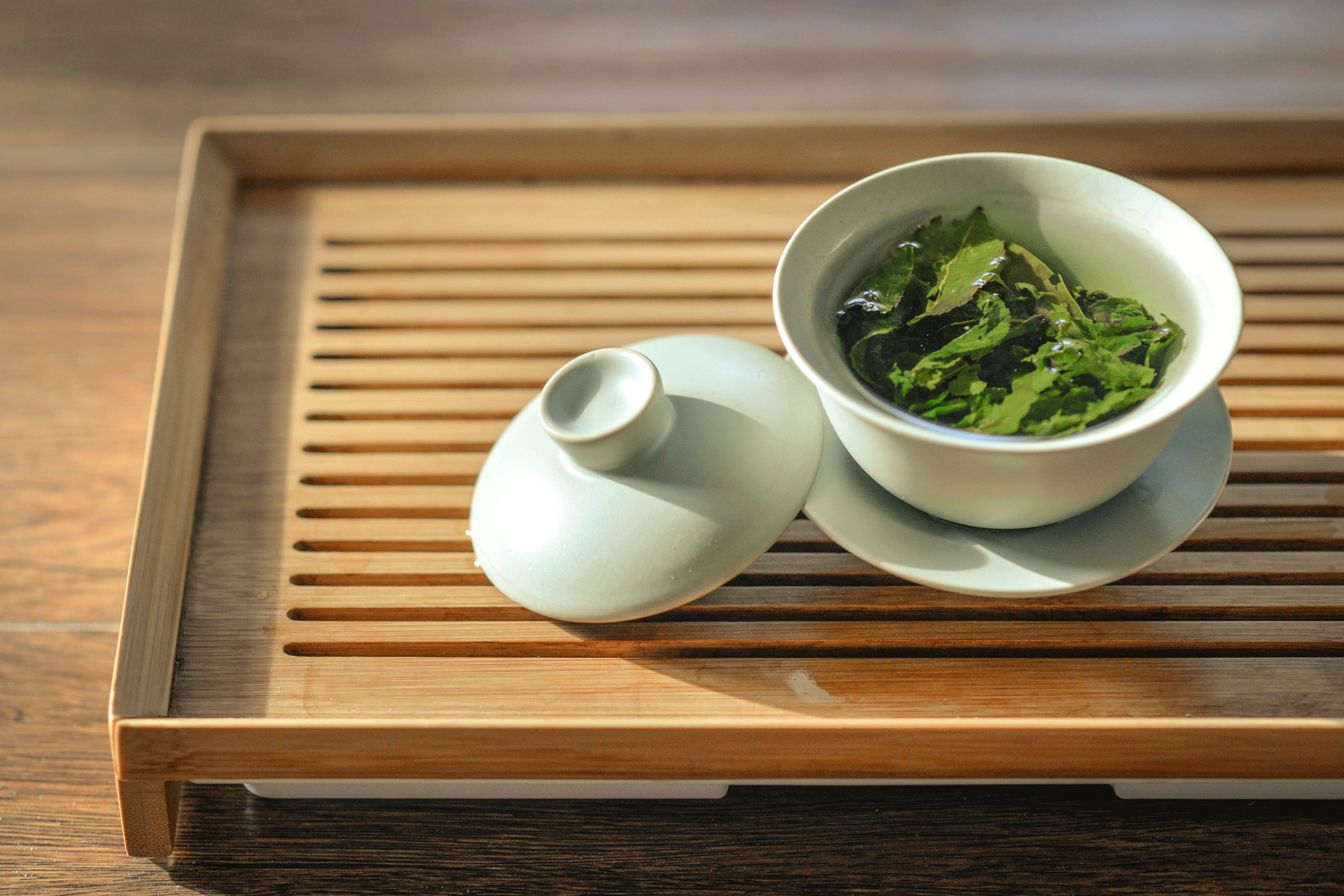Epigallocatechin gallate (EGCG), a powerful antioxidant compound found in green tea, may hold promise for the treatment and prevention of uterine fibroids, according to researchers at Johns Hopkins Medicine. The study, which focused on identifying the biochemical mechanisms underlying the action of EGCG in fibroid cells, was recently published in Scientific Reports.
Uterine fibroids are the most common noncancerous tumors found in the uterus, characterized by the growth of smooth muscle cells and a large connective tissue matrix. It is estimated that 77 percent of women will develop fibroids in their lifetime, with higher rates observed in Black and Hispanic women compared to white women.
 Sam Lion/Pexels
Sam Lion/Pexels
The research team, led by James Segars Jr., MD, a professor of gynecology and obstetrics at the Johns Hopkins University School of Medicine, aimed to explore how EGCG could effectively treat and prevent uterine fibroids. Their study focused on human fibroid cells grown in a laboratory setting, where they were treated with an extract of EGCG to investigate the potential of oral EGCG supplementation as a therapy.
Symptoms of uterine fibroids can range from none to heavy uterine bleeding, pelvic pain, and infertility. Uterine fibroids are a leading cause of hysterectomy in the United States, with surgical treatments often involving the removal of fibroid tumors from the uterine wall.
Treating endometriosis with green tea
Segars emphasized the significance of finding a safe nonsurgical therapy for uterine fibroids, as current management options are limited. “The purpose of this study was to examine how EGCG works to treat and prevent uterine fibroids,” Segars said in a statement. “There is no standard protocol for uterine fibroid disease management or prevention, no tools to prevent their growth, so finding a safe nonsurgical therapy is important.”
In the study, the research team utilized laboratory cultures of uterine fibroids obtained from living patients. They specifically focused on protein expression associated with the extracellular matrix of fibroid cells, investigating the impact of EGCG treatment on fibronectin, cyclin D1, and connective tissue growth factor (CTGF) proteins.
The fibroid cells were exposed to a concentration of 100 micromoles per liter of EGCG in growth media for 24 hours. Subsequently, a Western blot analysis was conducted to measure the levels of cyclin D1 and CTGF proteins in the EGCG-treated fibroid cells compared to untreated cells.
 Anna Pyshniuk/Pexels
Anna Pyshniuk/Pexels
The results revealed a significant reduction in fibronectin protein levels by 46 percent to 52 percent in the EGCG-treated fibroid cells. Additionally, EGCG disrupted pathways associated with fibroid tumor cell growth, movement, signaling, and metabolism, resulting in up to an 86 percent decrease in CTGF protein levels compared to the control group.
Md Soriful Islam, PhD, MSc, a postdoctoral fellow at the Johns Hopkins University School of Medicine, suggested that EGCG supplements could potentially alleviate symptoms and slow the growth of fibroids in a natural and easily accessible manner.
“The results from this study show that EGCG targets many signaling pathways involved in fibroid growth, particularly the extracellular matrix,” Islam said in a statement. “EGCG supplements could be an easily accessible and natural way to relieve symptoms and slow fibroid growth.”
The study’s results align with the ongoing clinical trial called FRIEND (Fibroids and Unexplained Infertility Treatment With Epigallocatechin Gallate; A Natural Compound in Green Tea), which investigates the effects of EGCG in women with fibroids who are trying to get pregnant. However, the researchers note that further studies are needed.
Future research on EGCG will involve large-scale clinical trials with diverse patient groups to determine optimal dosages and potential side effects of EGCG supplementation.
Plant-based diet supports reproductive health
In addition to green tea, other studies have discovered the power of plants in supporting women’s reproductive health. A study published earlier this year in the medical journal Frontiers of Nutrition found that a plant-based diet, along with other nutrition interventions including avoiding meat and consuming seaweed, may help prevent and treat endometriosis.
Endometriosis, which affects roughly 190 million women and girls of reproductive age globally, is characterized by the presence of endometrial tissues outside the uterine lining, typically on the external surface of the uterus, the ovaries, fallopian tubes, abdominal wall, or intestines.
 Adobe Stock
Adobe Stock
The study found that reducing dietary fat and increasing dietary fiber, which is found only in plant foods, has been shown to reduce estrogen levels by up to 25 percent—thereby reducing the pain and inflammation associated with endometriosis.
Conversely, women consuming more than two servings of red meat per day had a 56 percent greater risk of endometriosis, compared with those consuming less than one serving of red meat per week.
“Eating meat and fatty foods may lead to excess estrogen in the body, which can cause endometriosis pain to flare, while fiber—found only in fruits, vegetables, grains, and beans—may help reduce pain by flushing excess estrogen out of the body,” Hana Kahleova, MD, PhD, director of clinical research at the PCRM, said in a statement.
For the latest vegan news, read:
JUMP TO ... Latest News | Recipes | Guides | Health | Shop









